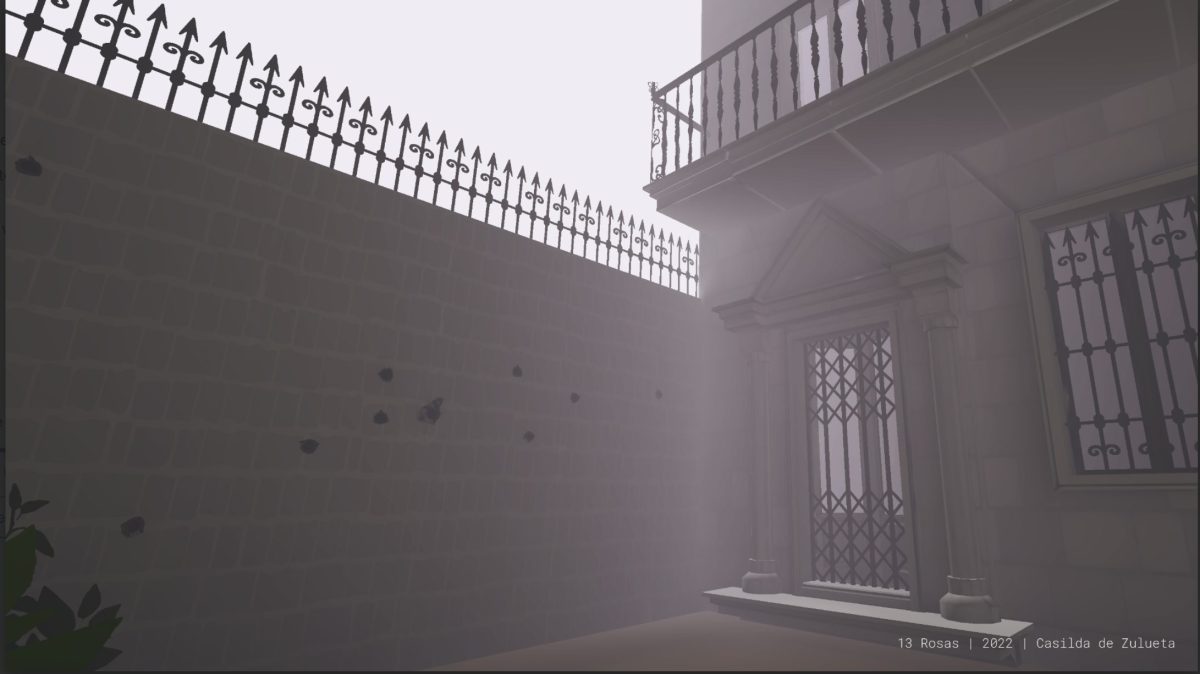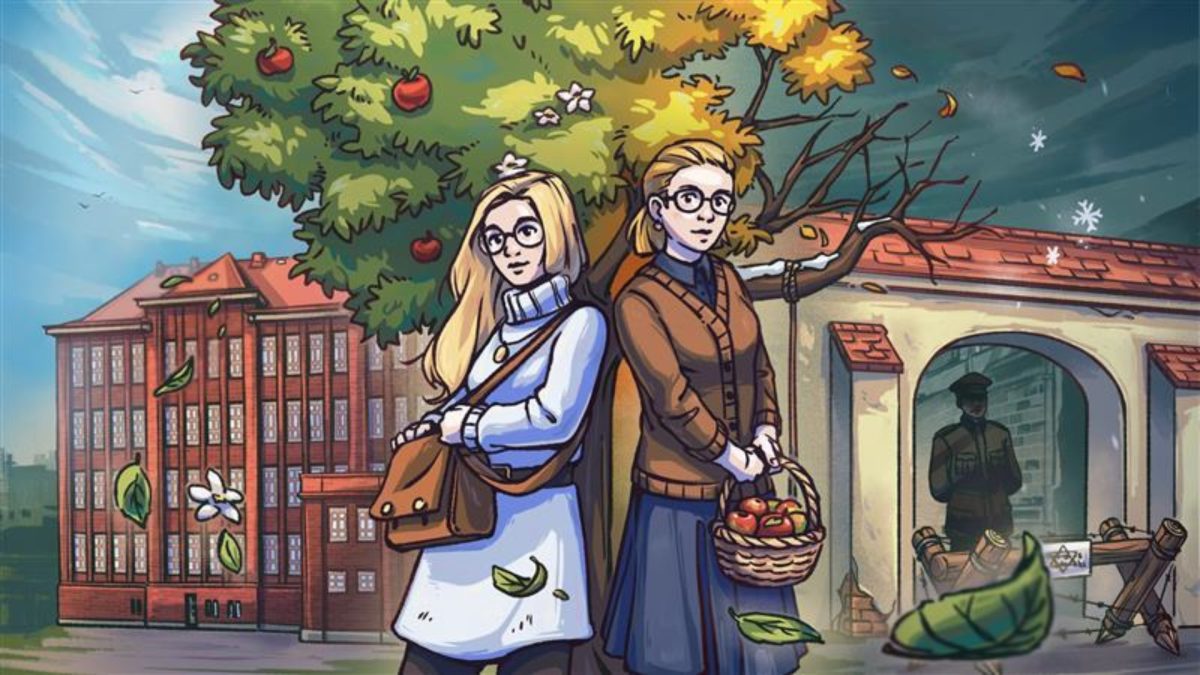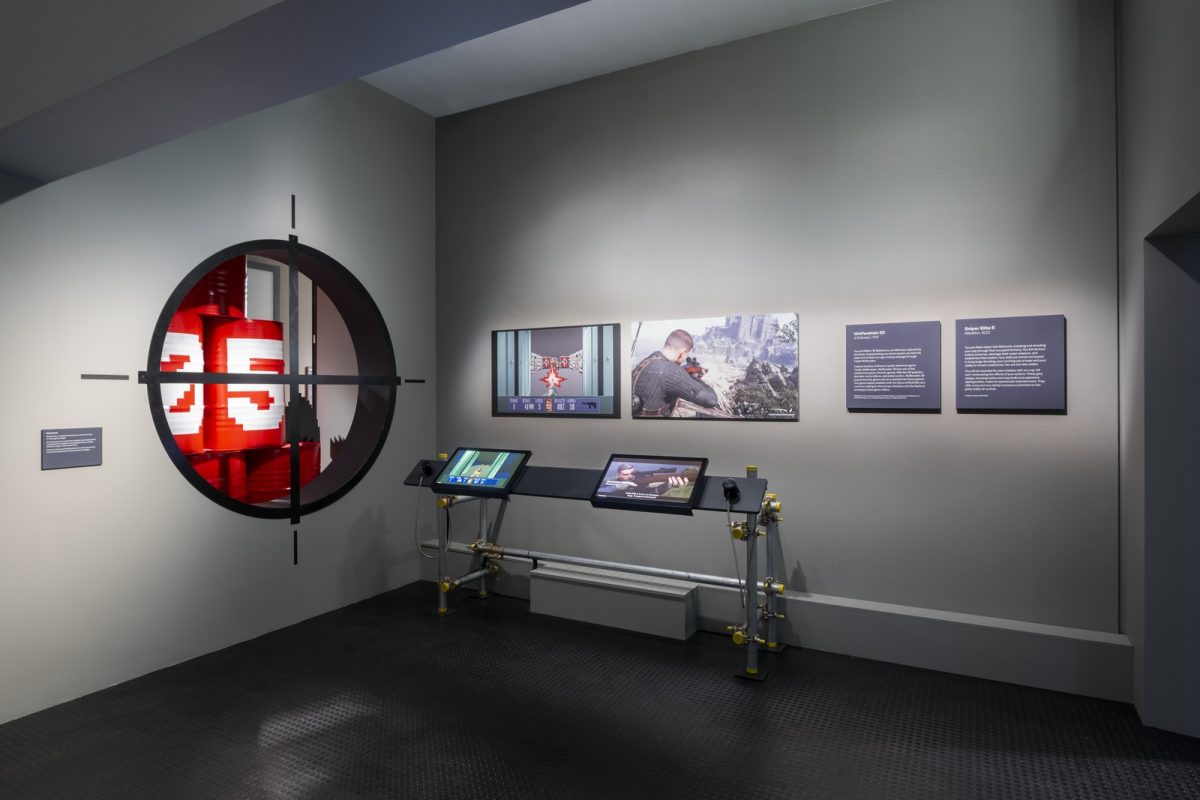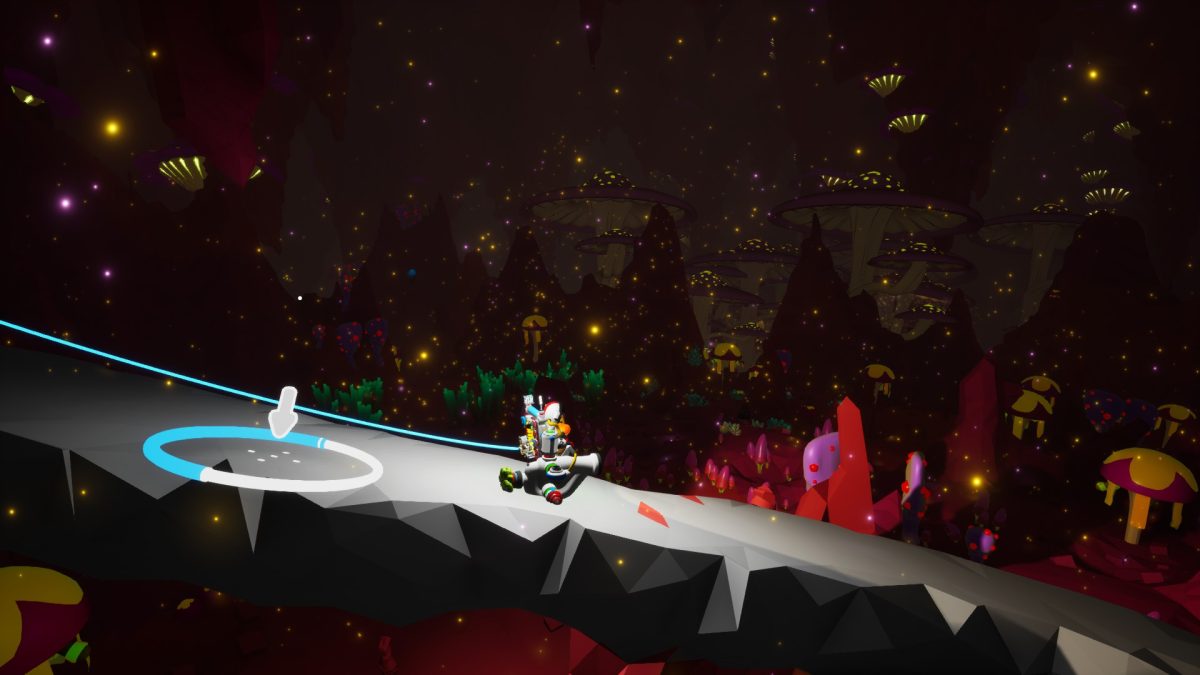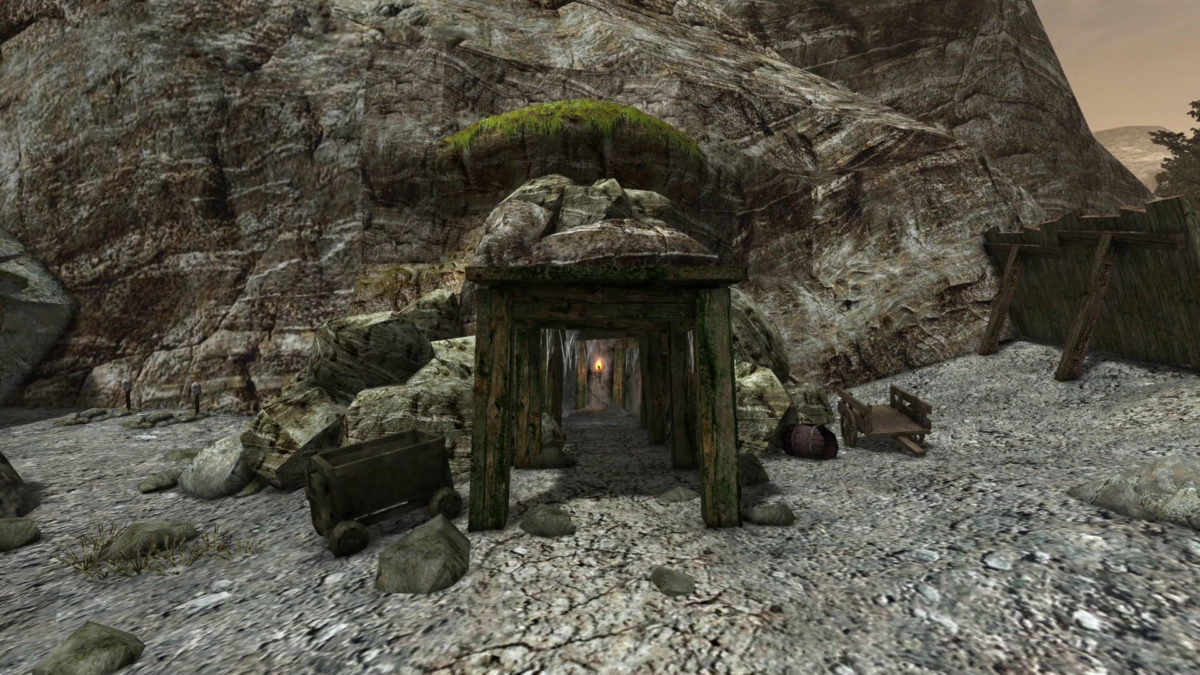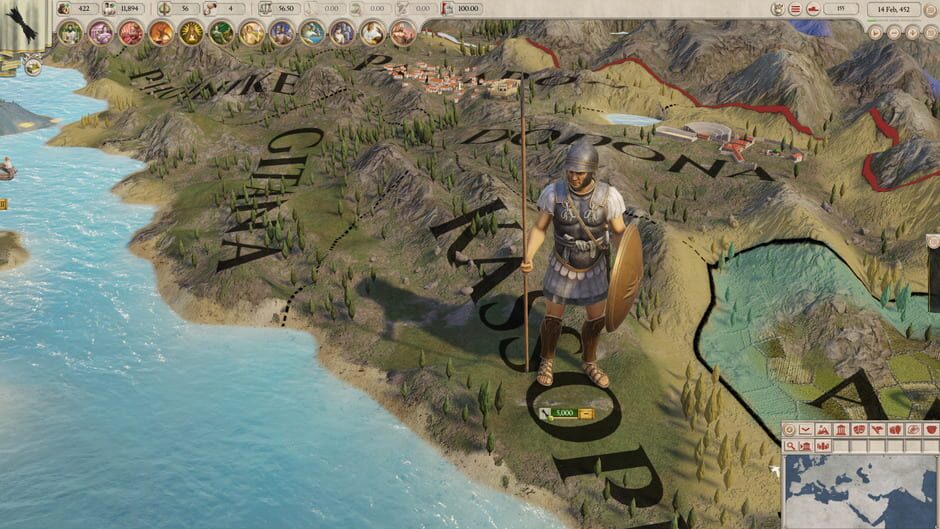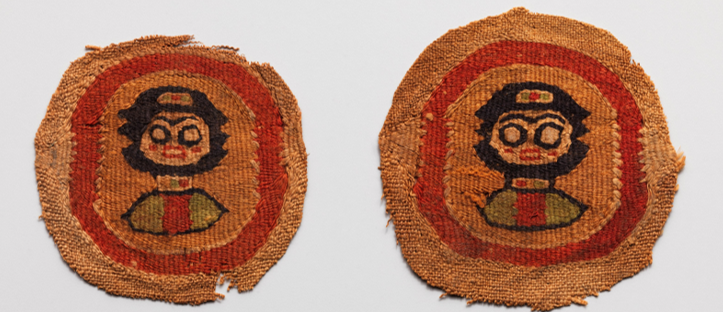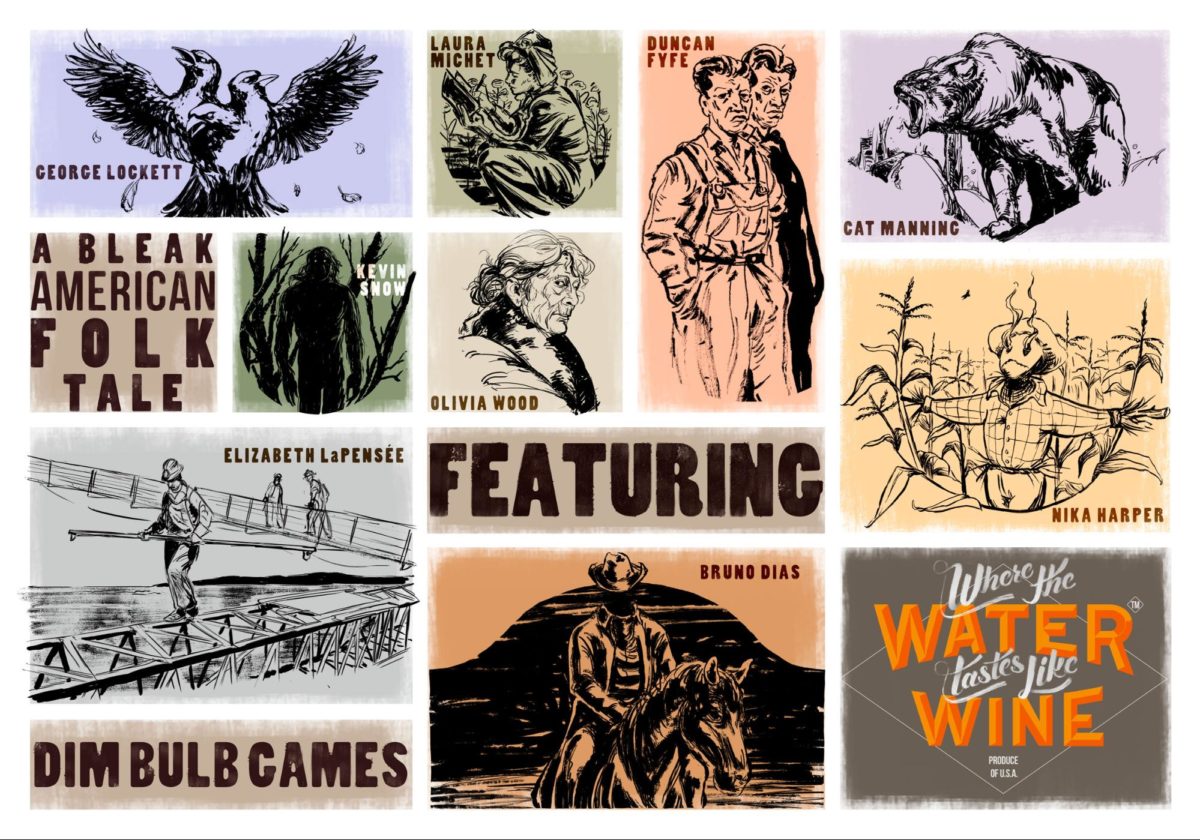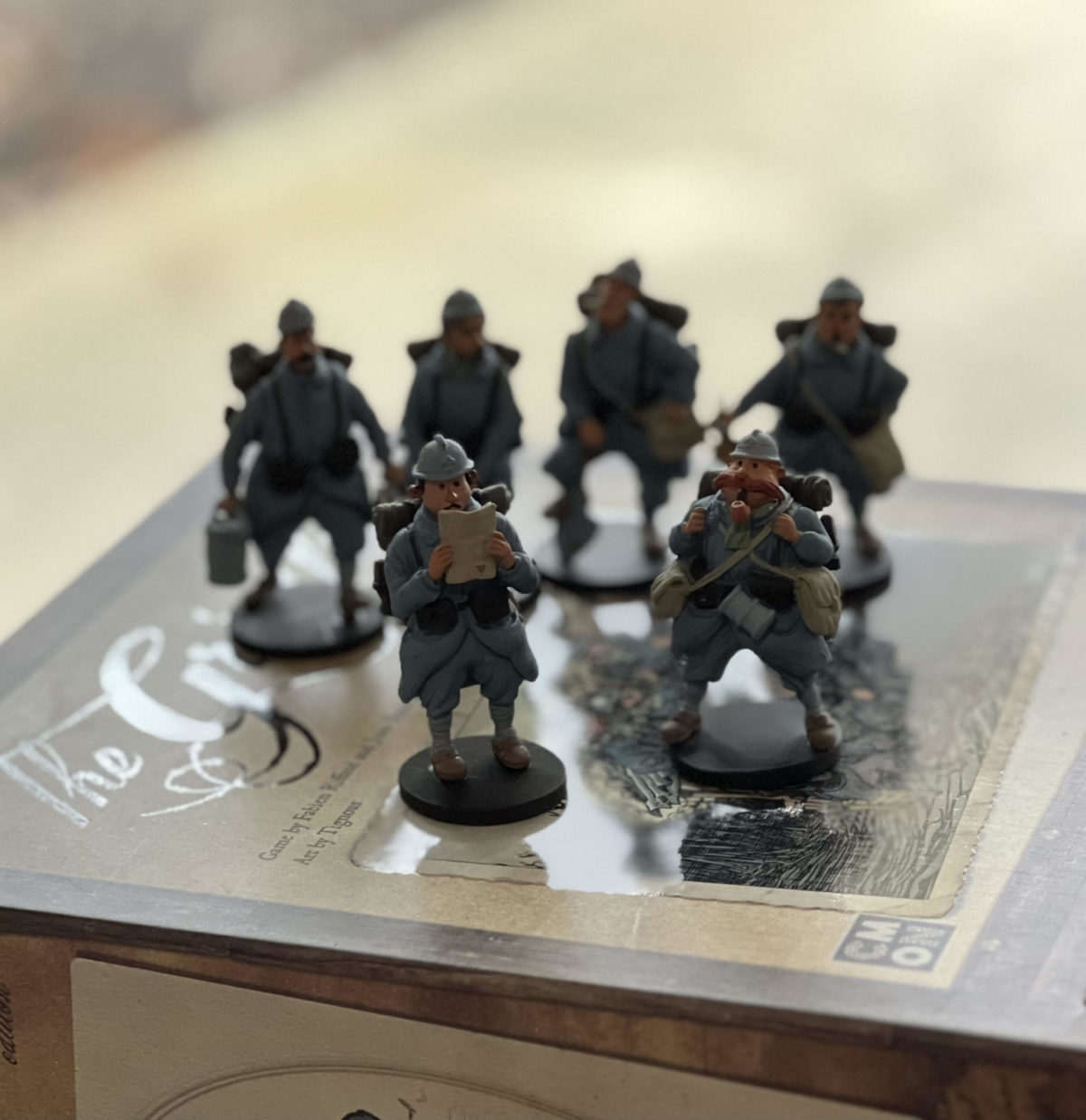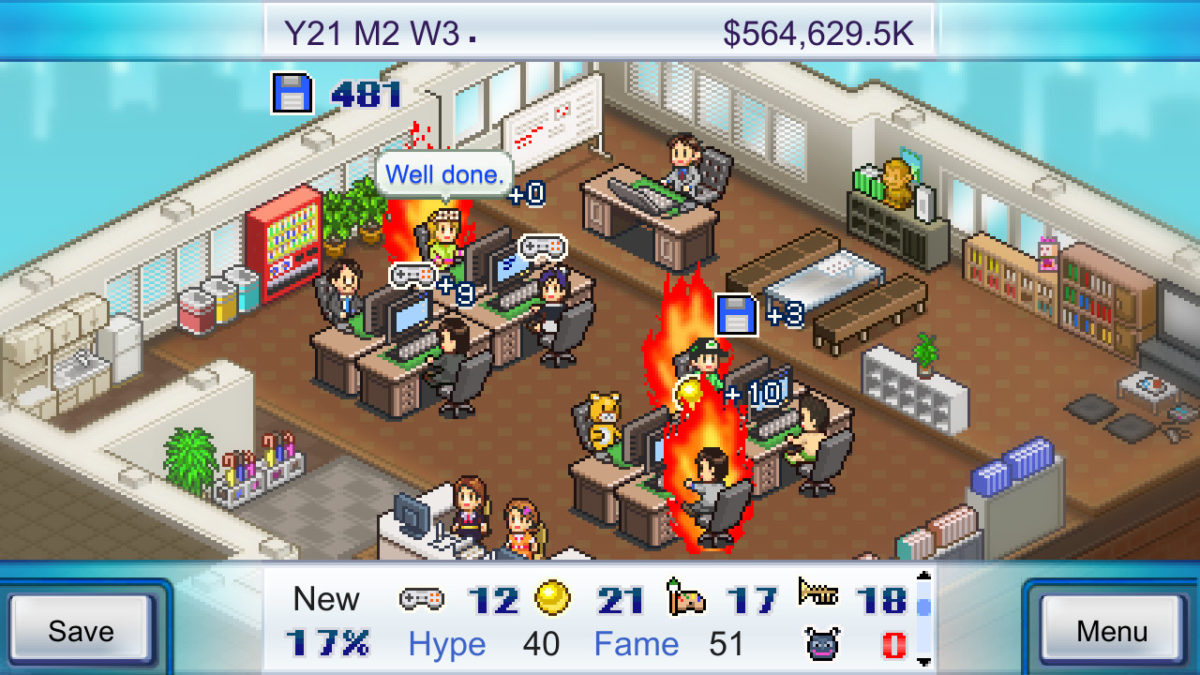13 Rosas is a horror adventure game currently under development about the characteristics and mechanisms of fascism in general and the Spanish Civil War (1936-1939) in particular. Albeit its necessary incursions with historiography (in the sense of methodologically retelling and contextualizing the past), the game relies on fictionalizing the player actions (you are not a […]
